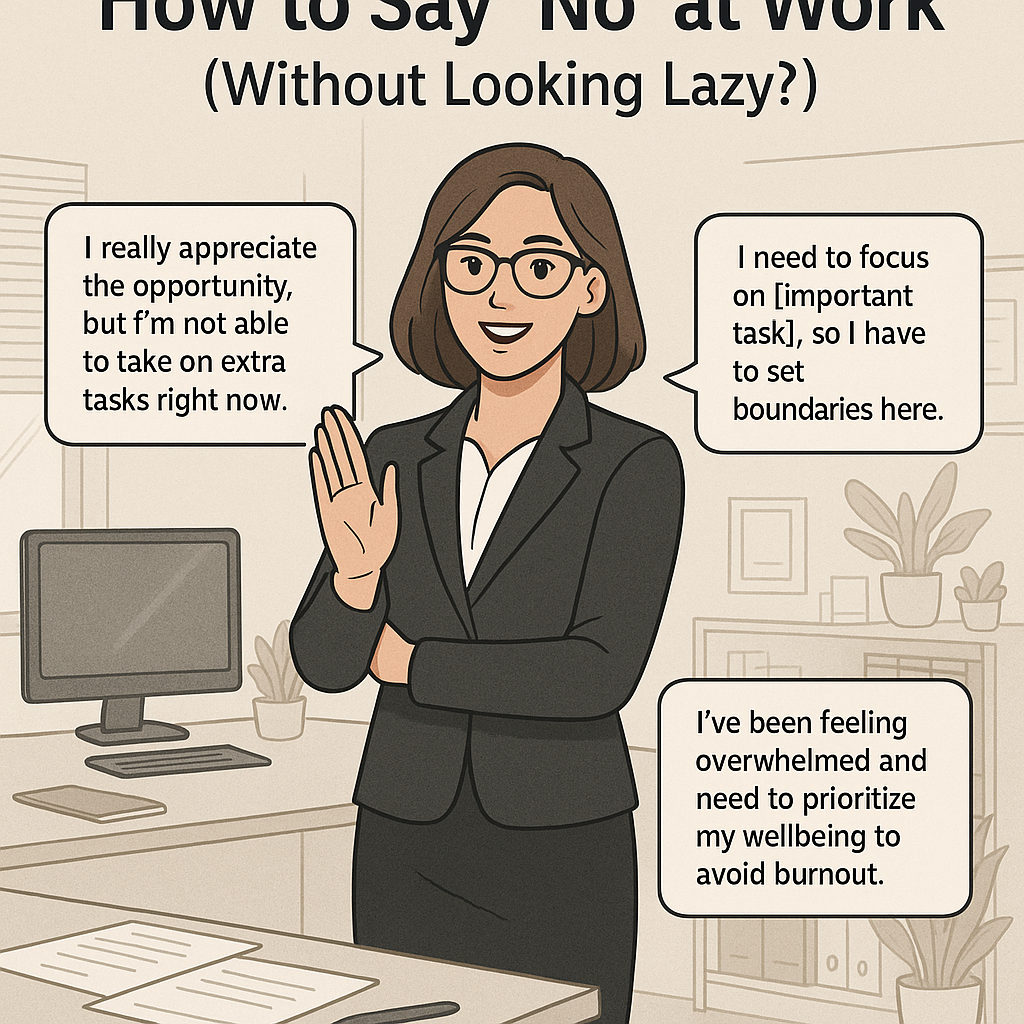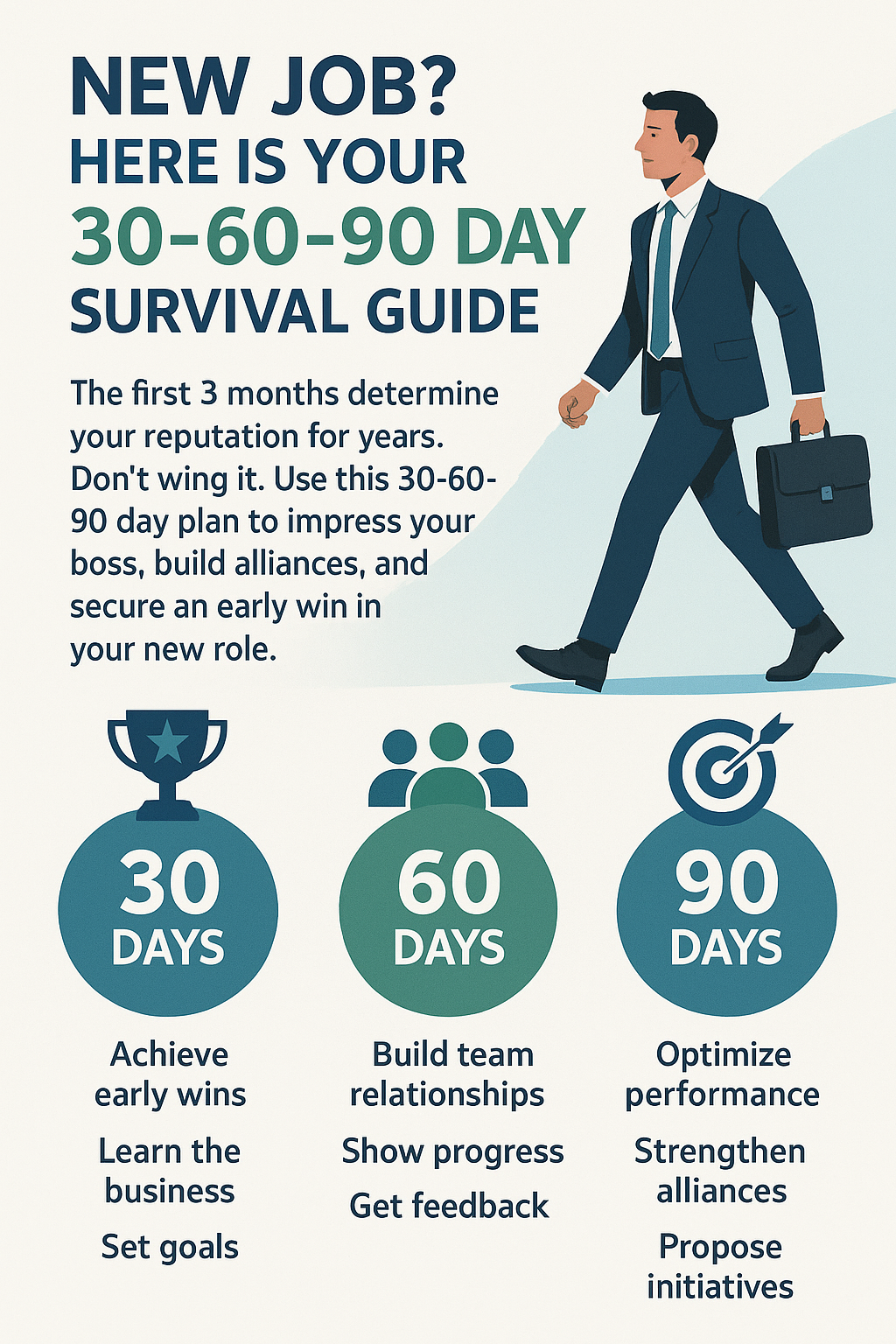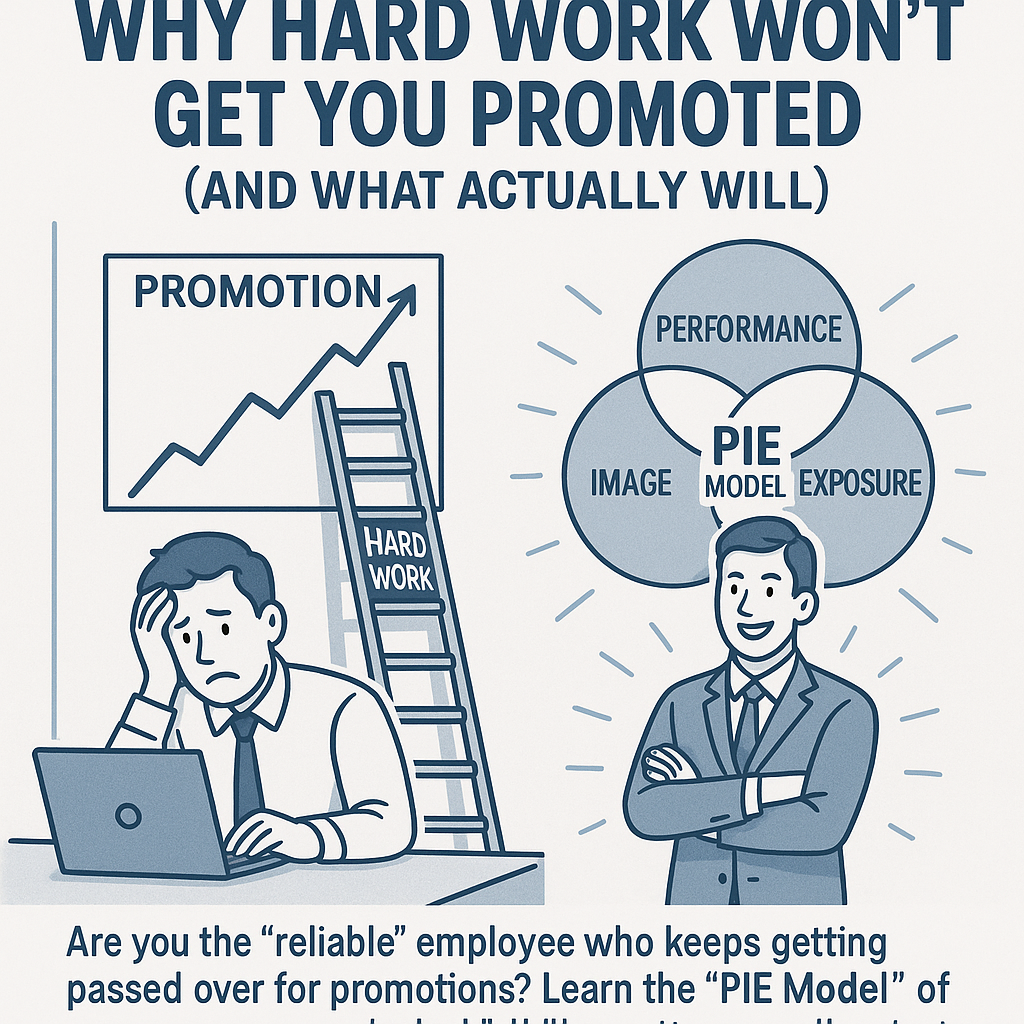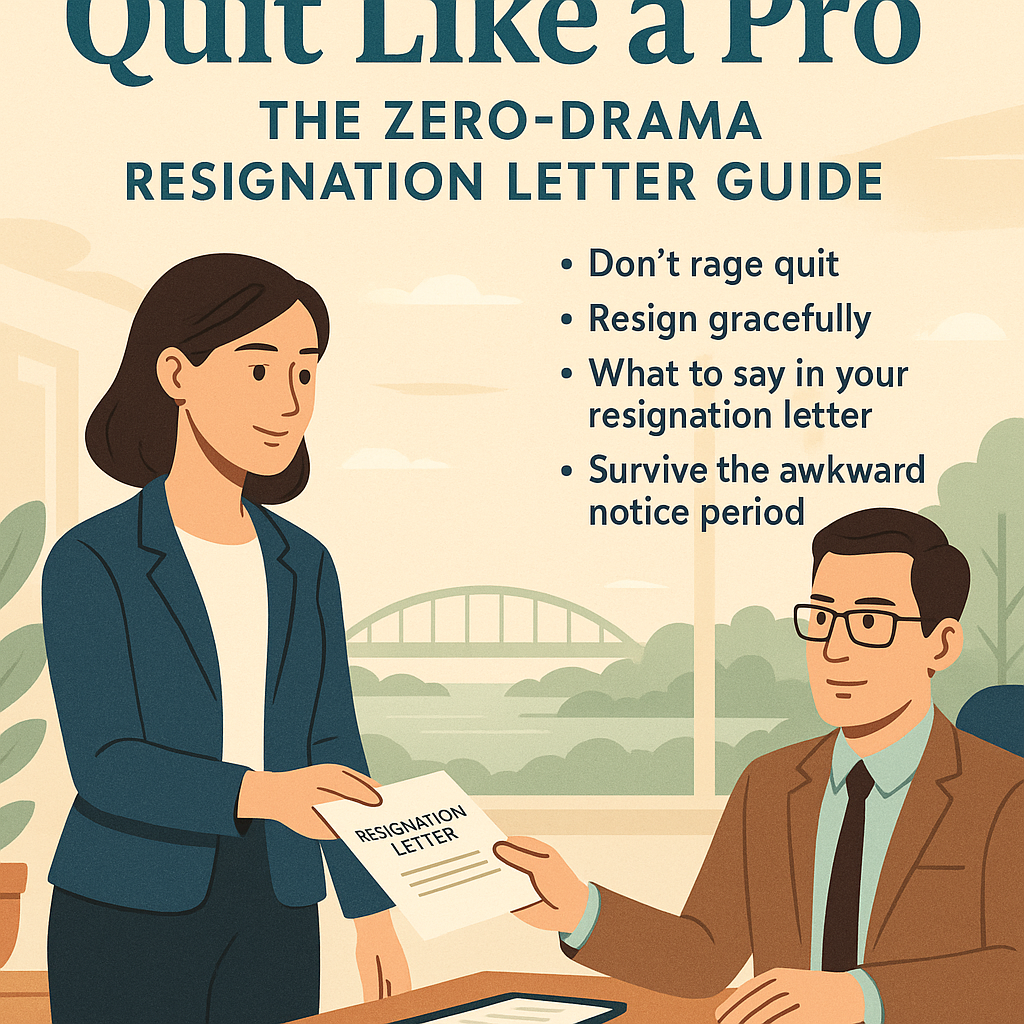
How to Answer "What's Your Expected CTC?" Without Losing the Offer
It’s the question that can make the most confident candidate’s palms sweat. You’re in the middle of a great interview, the conversation is flowing, and you’re building a strong rapport with the hiring manager. Then, the interviewer leans in slightly and asks, "So, what are your salary expectations?" In that single moment, the entire dynamic of the interview shifts. It feels like a high-stakes tightrope walk. Go too high, and you might price yourself out of consideration. Go too low, and you could leave a significant amount of money on the table, setting a precedent that impacts your earnings for years to come.
This single question is one of the most pivotal and nerve-wracking moments in the entire job search process. It feels like a trap because, in many ways, it is. It’s a moment of pure information asymmetry. The company knows exactly what their budget is for the role, while you are often left guessing. How you handle this moment says a lot about your confidence, your preparation, and your ability to advocate for your own value.
Many candidates fumble this question badly. They either blurt out a number they immediately regret, give a vague and unconfident answer, or worse, undervalue themselves out of fear. But it doesn't have to be this way. Answering the salary expectation question is not an art; it is a science. It’s a skill that can be learned, a strategy that can be mastered.
This guide will demystify this dreaded question and provide you with a proven, step-by-step framework to handle it with poise and confidence. We will teach you not just what to say, but why and when to say it, empowering you to navigate the negotiation process like a pro and secure the compensation you truly deserve.
Why Recruiters Ask This Question
Before you can formulate your answer, you need to understand the motivations behind the question. A recruiter isn't asking about your salary expectations just to be nosy. They have a few very specific strategic goals.
First and foremost, it's a budgetary screening mechanism. Every role has an approved salary range. The recruiter's primary job is to ensure that your expectations are broadly aligned with that range. If their budget for a role is ₹8-10 Lakhs per annum and you state that your expectation is ₹20 Lakhs, they can quickly identify the mismatch and save everyone a lot of time.
Second, it's a way to gauge your market awareness. Your answer reveals how well you understand your own value in the current job market. A candidate who provides a well-researched, confident range comes across as professional and informed. A candidate who gives a wildly unrealistic number (either too high or too low) might be perceived as out of touch or inexperienced.
Finally, it sets an anchor for future negotiations. The first number mentioned in any negotiation becomes a psychological anchor point around which all subsequent discussions will revolve. By getting you to name your price first, the company gains a significant advantage. If you say a low number, they now have a low ceiling for their offer. If you say a high number, they can frame their lower offer as a "reasonable" compromise. Understanding these motivations is the key to not falling into the trap.
The Common Mistakes That Cost You Money
Your strategy should be to avoid making the common mistakes that immediately put you at a disadvantage.
- Giving a Number Too Early: The biggest mistake is to answer this question during the initial phone screen or the first interview. At this stage, you don't have enough information about the role's specific responsibilities, challenges, and importance to the company. You should always aim to delay this conversation until you have a full understanding of the value you would be providing.
- Being Too Aggressive or Too Passive: An aggressive, take-it-or-leave-it demand can come across as arrogant. Conversely, a passive, "I'm open to anything" answer signals a lack of confidence and invites a lowball offer. The right approach is a balance of confidence and flexibility.
- Giving a Single Number: Never give a single, specific number. If you say you want "₹12 Lakhs," you have given up all your negotiating leverage. The company will either meet that exact number or come in slightly below it. You have set your own ceiling.
- Basing Your Expectation on Your Previous Salary: Your previous salary is irrelevant to your future value. Your new salary should be based on the market rate for the role and the value you will bring to this new company, not what your old company decided to pay you.
The Winning Strategy A 3-Step Approach
The best way to handle the salary question is with a prepared, multi-step strategy that focuses on preparation, professional deflection, and confident negotiation.
Step 1 Do Your Homework The Power of Preparation
You cannot enter a negotiation without data. Your confidence comes from knowing you have the facts on your side. Before you even get to the first interview, you must become an expert on what your target role is worth in the current market.
- Scour Job Portals: Look for similar roles on job aggregators like JobPe that list salary ranges. This will give you a broad, real-time snapshot of what companies are currently offering.
- Use Salary Aggregators: Websites like Glassdoor and AmbitionBox provide user-submitted salary data. While not always perfectly accurate, they are excellent for establishing a general baseline.
- Research Specific Companies: Your target salary can vary wildly depending on the company. A startup might pay differently than a large MNC. Do your research on your target companies to understand their compensation philosophy.
- Talk to People: This is the most valuable research you can do. Have confidential conversations with trusted peers, mentors, and professional recruiters in your industry. They can provide the most accurate and nuanced salary data.
After this research, you should have a clear, well-defined salary range for your target role. This is not the range you will necessarily state, but it is your personal "walk-away" number and your ideal target.
Step 2 Deflect and Delay with Professionalism
Your goal in the early stages of the interview process is to politely defer the salary conversation until you have more leverage—ideally, after they have decided they want to hire you. When asked about your expectations early on, use a professional script to shift the focus back to the role itself.
Here are a few proven scripts: * The "Value First" Approach: "That's a great question. At this stage, I'm really focused on learning more about the role and the team to make sure it's a great fit for both of us. I'm confident that if we find that I'm the right candidate, we'll be able to agree on a fair compensation package." * The "Range" Approach: "Based on my research, similar roles in this industry and location seem to be in the range of ₹X to ₹Y. However, I'm more than happy to be flexible, and my primary focus right now is on the opportunity itself." (Use this only if pressed). * The "Turn it Back" Approach: "I'd be happy to discuss that. To help me provide a realistic number, could you tell me what the approved salary range is for this position?"
The key is to be polite, confident, and to always steer the conversation back to your qualifications and the value you can bring. Mastering the art of answering these tricky questions is a core interview skill. You can find more examples and strategies for tough interview questions to build your confidence.
Step 3 Name Your Price with Confidence (When the Time is Right)
The right time to talk numbers is when you have the most leverage: after they have extended a verbal or written offer. At this point, they have invested time and resources in interviewing you, and they have concluded that you are their preferred candidate. Now, you are in a position to negotiate, not just state a hope.
When you do name your price, always provide a well-researched and justified range, not a single number. This range should be strategic. The bottom of your range should be a number you would be happy with, and the top of your range should be your ambitious but still realistic target. For example, instead of saying "I want ₹15 Lakhs," say "Based on my experience in [Key Skill], my recent certification in [New Technology], and the market rates for this role, I am looking for a compensation package in the range of ₹14.5 to ₹16 Lakhs per annum."
This approach is powerful because it's confident, it's backed by data, and it immediately anchors the negotiation in your preferred zone. It also shows that you are flexible and professional.
Beyond the Base Salary Thinking in Terms of Total Compensation
Remember to always negotiate your total compensation, not just your base salary. Consider the variable pay, the quality of the health insurance, the Provident Fund contributions, and any potential for stock options (ESOPs) or a joining bonus. A slightly lower base salary at a company with phenomenal benefits and a great bonus structure might be a much better overall package.
Conclusion It's About Communicating Your Value
Answering the "expected CTC" question doesn't have to be a moment of fear. It's an opportunity to demonstrate your professionalism, your confidence, and your understanding of your own worth. By shifting your mindset from a place of anxiety to one of strategic communication, you can take control of the conversation.
Do your homework meticulously. Defer the conversation with grace until you have leverage. And when the time is right, state your value with confidence, backed by data. By mastering this single skill, you are not just negotiating a better salary for your next job; you are investing in a more prosperous future for your entire career.
To ensure your resume reflects the high value you're aiming for, use a professional tool like the JobPe Resume Builder to craft an application that truly stands out. To ensure you’re getting offers that meet your financial goals, set up targeted job alerts for roles within your desired salary bracket.
For more tools and insights to help you navigate every stage of your career journey, https://jobpe.com.

Creative Content Writer







